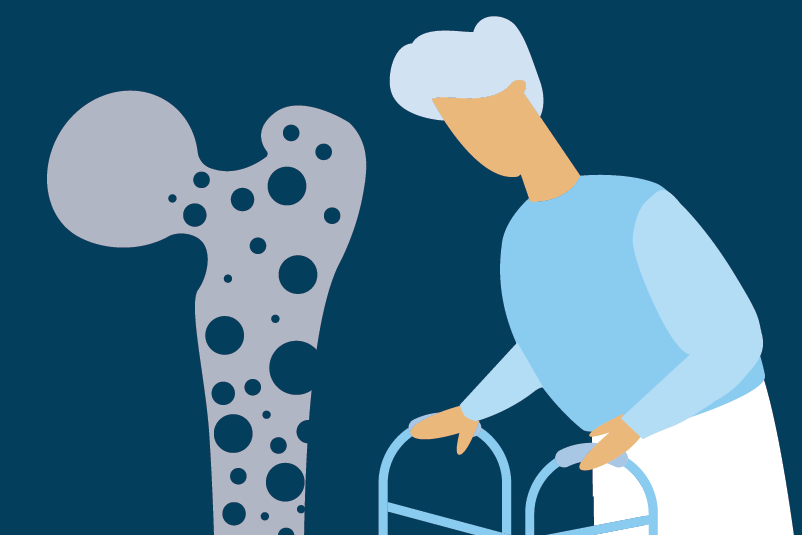#341 Forget about it? Statins and the risk of dementia

Reading Tools for Practice Article can earn you MainPro+ Credits
Join NowAlready a CFPCLearn Member? Log in
- Previous Tools for Practice (published in 2014) found no evidence that statins increase dementia risk or negatively affect cognition.1 Evidence presented below published since 2014.
- Incidence of Dementia:
- One systematic review2 of RCTs, simvastatin versus placebo.2 At 5 years:
- Incidence of dementia (one RCT, 20,536 patients): 0.3% each group (no difference).
- Three RCTs3-5 not in above systematic reviews (732-2,361 patients), statin versus placebo, followed 5-7 years, risk of dementia:
- Largest RCT: No difference;4
- Smaller RCTs suggest statins reduce risk.3,5 Example (732 patients), cognitive impairment incidence: 11% versus 19% (placebo), number need to treat=12.
- Six systematic reviews6-11 of observational studies, statin versus no statin (13-46 observational studies, mean age 44-81 years), followed 1-25 years:
- Examples from most reliable systematic review:6
- All-cause dementia (16 studies): Relative risk reduction (RRR) 15%.
- Alzheimer’s disease (14 studies): RRR 28%.
- Vascular dementia (4 studies): No difference.
- Other systematic reviews found similar.7-11
- Examples from most reliable systematic review:6
- One systematic review2 of RCTs, simvastatin versus placebo.2 At 5 years:
- Cognition Scores:
- Four systematic reviews of RCT, statin versus placebo in patients with/without baseline cognitive impairment:
- No difference in Mini-Mental State Examination score,2,12-14 Telephone Interview Cognitive Status,2 Stroop Word,2 Activities of Daily Living score,12,14 Alzheimer’s Disease Assessment Scale (Cognitive),12-14 or Neuropsychiatric Inventory Scale.12,14
- Two RCTs (described above):4-5 Found similar.
- Four systematic reviews of RCT, statin versus placebo in patients with/without baseline cognitive impairment:
- Adverse Events:
- Two systematic reviews (2 studies each, 1045-26,340 patients), statins and placebo in patients with/without dementia: No difference.2,15
- Limitations:
- Most large RCTs evaluating statin cognitive effects are secondary analyses of larger cardiovascular trials.
- Diagnosis of cognitive decline/dementia varied among trials.
- Results of observational studies are less reliable due to biases (example, ‘healthy user effect’: Lower risk patients more likely to use statins).
- International guidelines vary: Statins have no effect16 or inconclusive effects17 on cognition.
- An ongoing community based RCT: Evaluating effects of statins on aging, including dementia. Results expected in 2025.18







No change in my practice towards statins
statins are safe
Can be recommended
Helpful
More research is needed, but at this time, it’s safe to say that the benefits of statins outweigh the risks.
???
Thanks